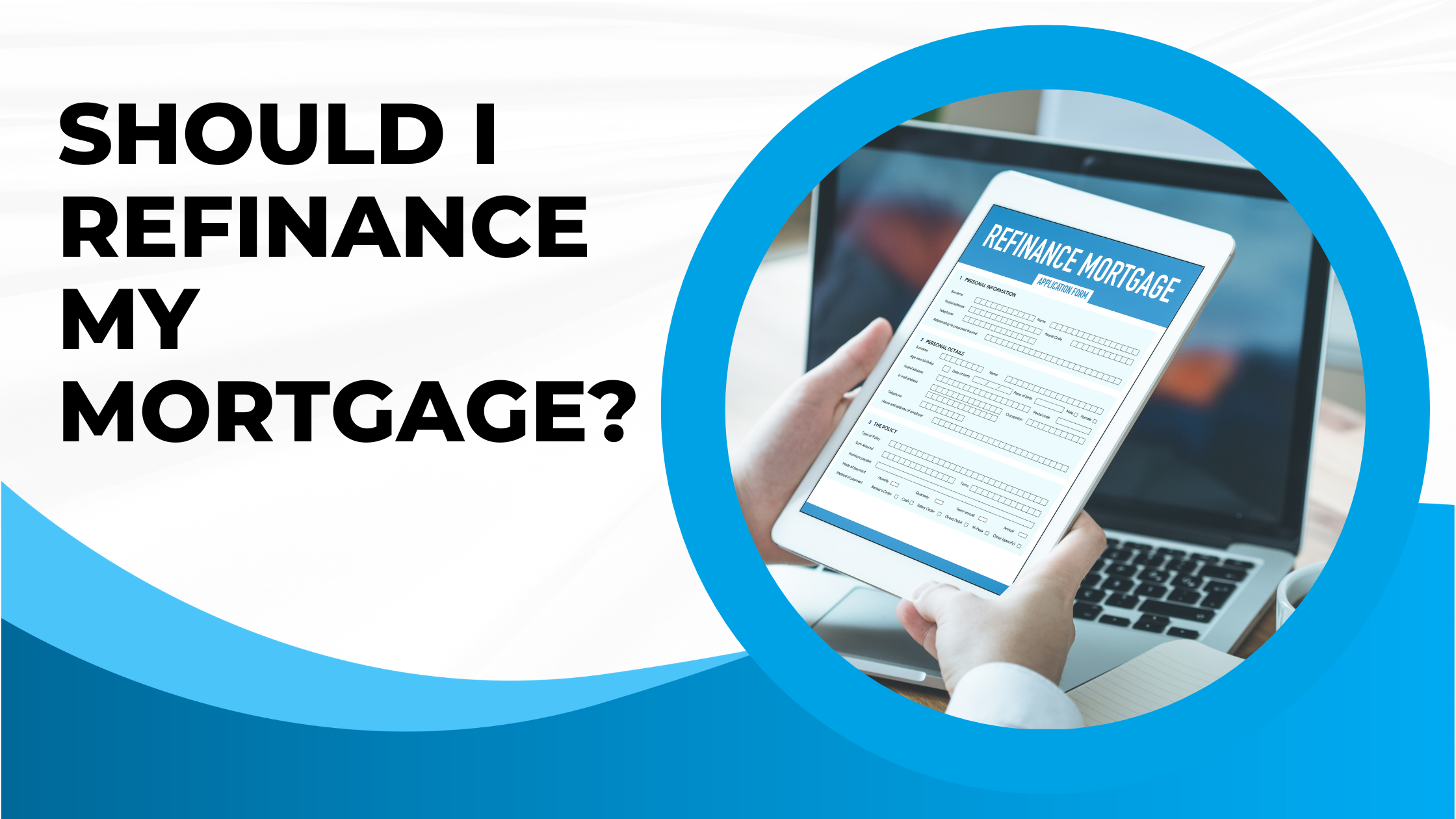Refinancing your mortgage can be of great benefit to your financial situation. You could get cash back to pay other bills or loans depending on your equity and current interest rates.
You may be able to reduce the length of the loan while lowering the payments. If the interest has dropped by even 1%, it can help you save a bundle of interest for the life of your mortgage loan.
Table of Contents
ToggleIdentify your Needs
There isn’t a one size fits all concept when it comes to refinancing a mortgage. The terms of it will vary depending on the outcome you desire.
It is important to connect with a lender able to get you those results. Take a look at your needs to help you ask for the right type of refinancing structure. Some of the common reasons to get a home refinanced include the following:
- Ability to pay off the loan in less time
- Borrow equity from the home to pay other expenditures
- Lower payments
- Lower interest rates now compared to what you have on the loan
- Secure a fixed rate versus a variable rate
Pay Off the Loan in Less Time
A home mortgage is a long-term commitment. For many buyers, it is 30 years. Being able to take off 5 or more years because you get a lower interest rate is exciting!
Refinance rates may have been much higher when you purchased the loan. If your credit has significantly improved since you got your loan, that can help you get a lower interest rate too.
With this type of option to refinance the mortgage, you aren’t getting any money back. Instead, you will have a payment similar to what you have right now.
The final numbers may be a bit more or a bit lower than what you currently pay. Seeing the years left to pay disappear with this type of process will save you a ton of interest and give you complete ownership sooner.
Borrow from the Equity
Equity in your home is the difference between what you owe on it and what it is worth. If you have lived there for several years and the market has gone up, it may be worth much more than you realize.
Borrowing from the equity allows you to restart your loan term and get cash back. That money can be used to pay off other debts, to pay for education, or even to take a vacation.
Borrowing from the equity in your home can help you reduce financial stress. You may have high-interest credit cards or other bills that take up your income each month.
When you can pay them off, you save on interest, and you no longer have those bills. It can help you save for the future and have some extra each month.
Avoid borrowing from equity and frivolously spending it, or you don’t gain much value from the process in the end.
Lower Payments
Your income may have changed since you purchased the home. This can make it a struggle each month to complete the payment. Perhaps you have high medical bills, or your job changed due to the COVID-19 pandemic.
Refinancing your home can help you have lower payments. This can reduce stress if you continually have difficulty paying the mortgage. It can help you avoid late fees and hits on your credit if you often pay late.
Lower Interest than Current Loan
Over the life of a typical 30-year loan, the interest you pay is unbelievable! Most people don’t realize the amount of their monthly payment that goes towards interest.
With a lower interest rate, it can help you lower the payment.
If the payment remains the same, it helps you to see more of the money you spent building equity rather than going into the pocket of the lender.
Secure a Fixed Rate
Home loans have either a fixed rate or a variable rate. A fixed-rate means it stays the same for the life of the loan. It only changes if you refinance.
With a variable rate, it may increase or decrease. It is a risk because if it increases, you may have difficulty with the new payment amount.
Getting out of that cloud of uncertainty with a refinance to a fixed rate can give you peace of mind. It also helps with budgeting.
Calculate the Savings
Refinancing your mortgage isn’t suitable for every situation. There are free tools online to help you calculate the savings.
If your situation is complex, talk to a mortgage lender, and they can help you evaluate the pros and cons. They can share with you what they feel you qualify for and your payment.
Don’t be in a hurry to make the decision; it needs to work to your advantage!
Your credit score and your home’s value will influence your ability to refinance a home and the rate.
Your Credit Score
Take a look at your credit score. If you own the home with anyone else, evaluate their score too. Look for any mistakes and correct them before you apply for a mortgage loan. The higher your credit score is, the better chance of a refinance approval. It also gets you a better interest rate.
Your credit score is a combination of your debts, your available credit, payment history, credit requests, and the length of your credit history.
Value of your Home
The value of a home depends on several factors. The location, the economy, and the house’s condition all influence how much it is worth.
A lender won’t refinance your home if it is valued at less than you owe. Look at your last property value, found on your property tax evaluation. This gives you a good idea of the current market value of your home.
If the value of your home is equal to or more than you owe on it, you may be able to refinance the home. To get cash back, you must have equity built up with the house.
The home must be worth more than you currently owe on it. If it does, you may qualify for a certain amount of money in addition to refinancing at that time.
What to Expect
There is plenty of paperwork involved when you refinance your home. If you decide it is a good option, find an excellent lender. Compare interest rates and closing fees. If you don’t have money to pay the closing costs upfront, find a lender willing to include them in the refinance.
Most lenders will require a home inspection to verify the value and condition of the home before you can refinance. That has to be paid even if your loan isn’t approved.
Talk to a lender before you apply to find out what they can do. Let them know your situation and the outcome you desire. This helps them move in the right direction for your mortgage refinance.
If the new cost is going to be hard for you to manage each month or you don’t plan to stay in your home, refinancing may not be a good idea.
You can get some tax breaks when you refinance to help cover the costs you pay to get the process completed.

